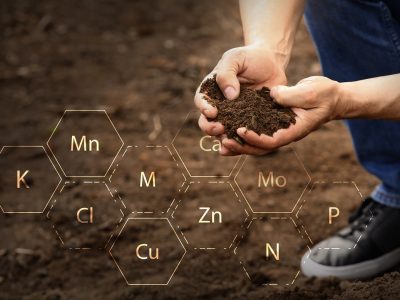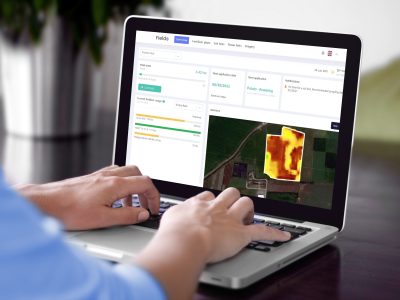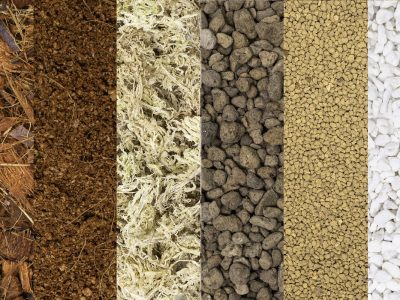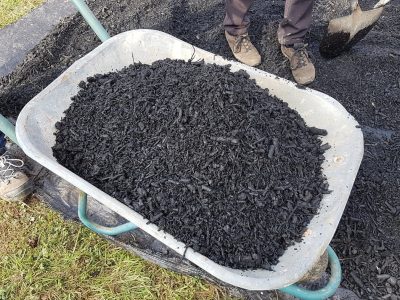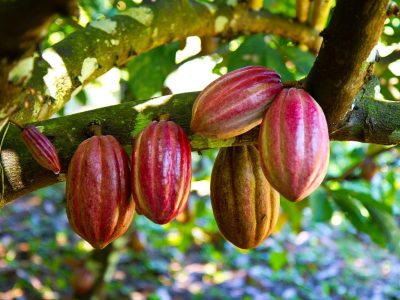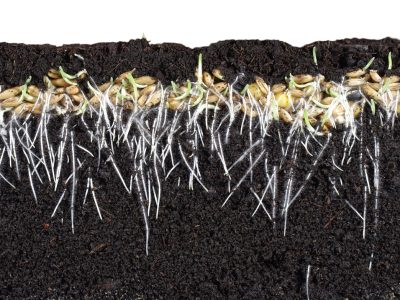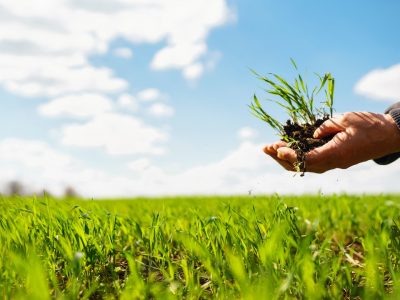How to make sandy soils productive
Sandy soils, characterized by their coarse texture and large particle size, pose unique challenges for farmers and agronomists. These soils tend to... Read More
Starter Fertilizer with Organic Amendments: Needed or Not?
Nitrogen is a critical nutrient for plant growth and is often the most limiting nutrient in agricultural systems. Organic fertilizers such as... Read More
Understanding Soil Extraction Methods: A Guide for Growers and Agronomists
Soil nutrient extraction methods are essential for laboratories to determine the amount of nutrients available for crop uptake, guiding effective fertilization strategies... Read More
Embracing the Future of Precision Agriculture: Overcoming Challenges and Setting Future Goals
Precision agriculture has transformed farming practices by integrating advanced technologies to optimize crop production and resource management. While the benefits of precision... Read More
Growing media – Properties, benefits and usage
Growing media, also known as growth substrates, play a crucial role in modern horticulture. They provide the necessary support, aeration, moisture and... Read More
What is Biochar and How Can It Improve Your Farm’s Soil Health
Biocharhas gained significant attention in the agricultural sector due to its potential benefits for soil health and sustainability. As part of regenerative... Read More
The Bittersweet Reality: Crisis in the Cocoa Industry
In recent years, the cocoa industry has found itself at a crossroads, facing an array of challenges that threaten its sustainability and... Read More
Mycorrhizae: Boosting Yields Naturally
Mycorrhizae are complex, symbiotic associations between fungi and the roots of plants. The term “mycorrhiza” comes from the Greek words ‘mykes’, meaning... Read More
Constructed Wetlands as a Sustainable Water Treatment Alternative
Constructed wetlands for wastewater treatment represent a seamless integration of engineering innovation with ecological principles. The intricacies of designing, implementing, and managing... Read More
Biofertilizers in Agriculture:
Biofertilizers are natural products derived from living microorganisms, including bacteria, fungi, and algae. These microorganisms play a crucial role in enhancing soil... Read More





